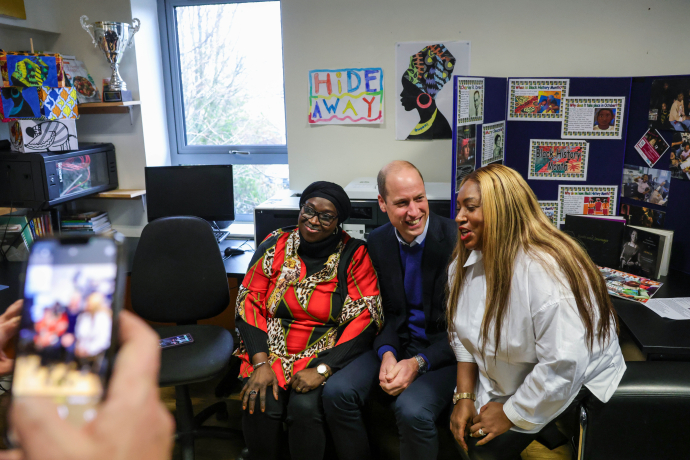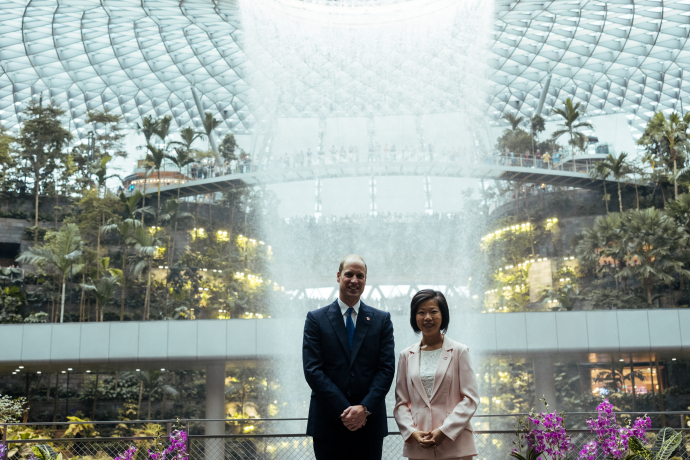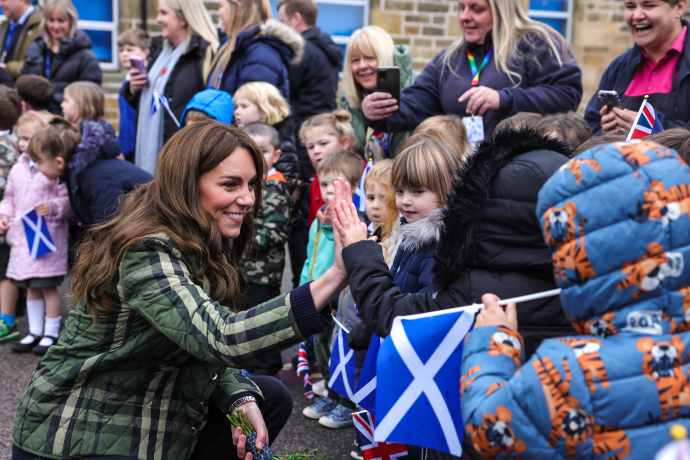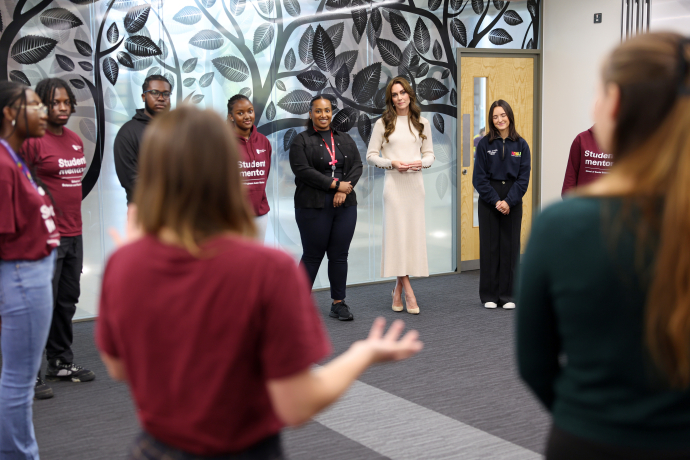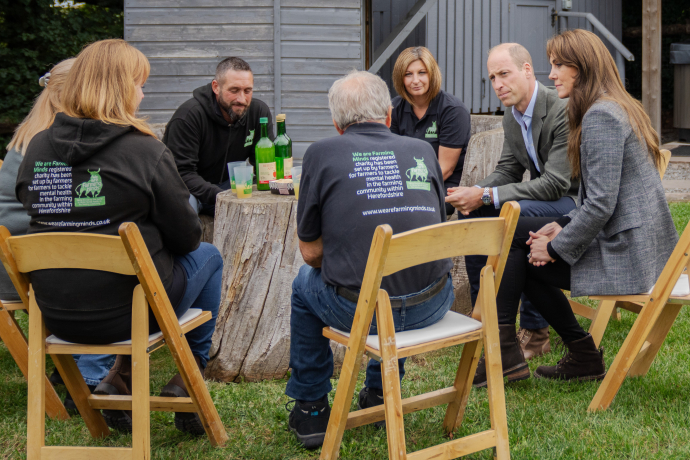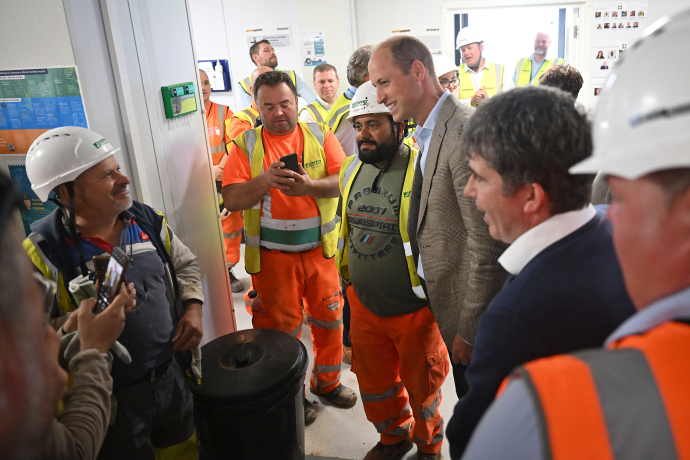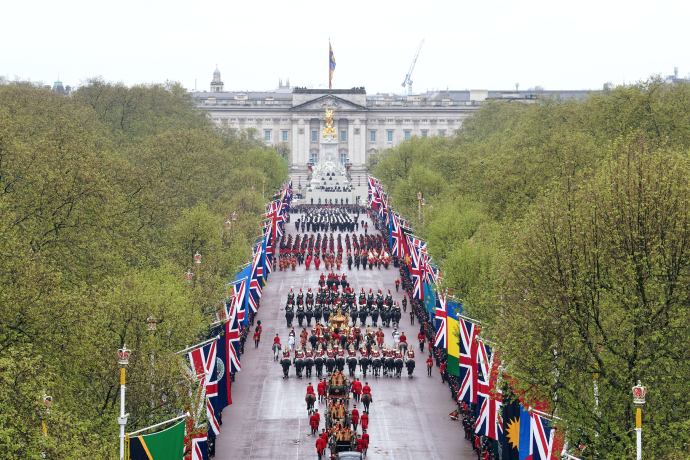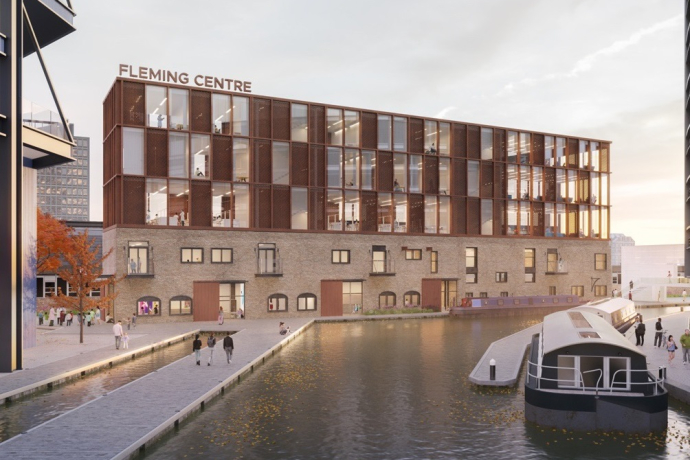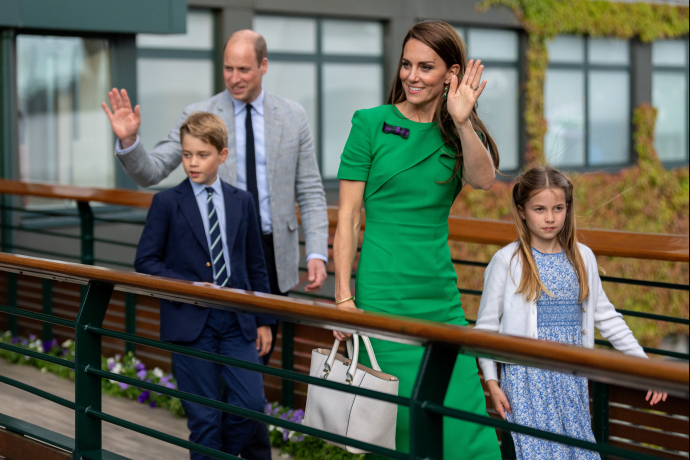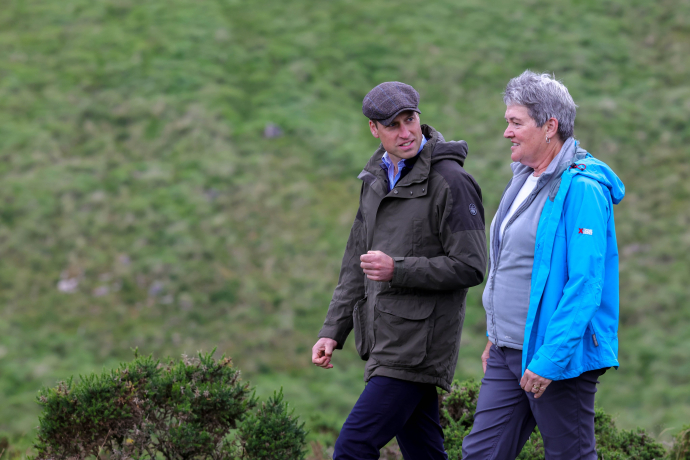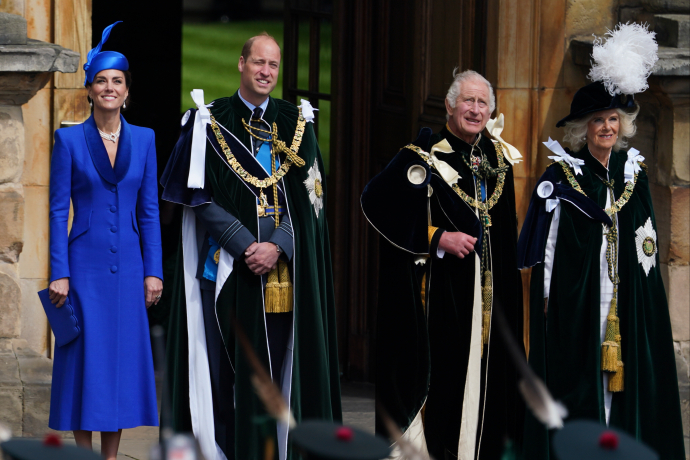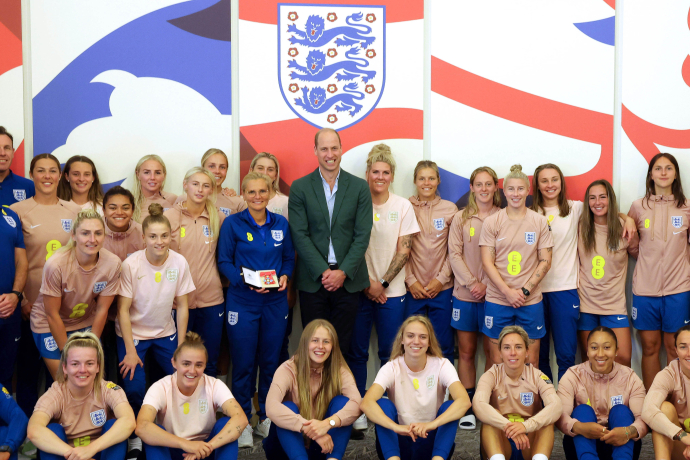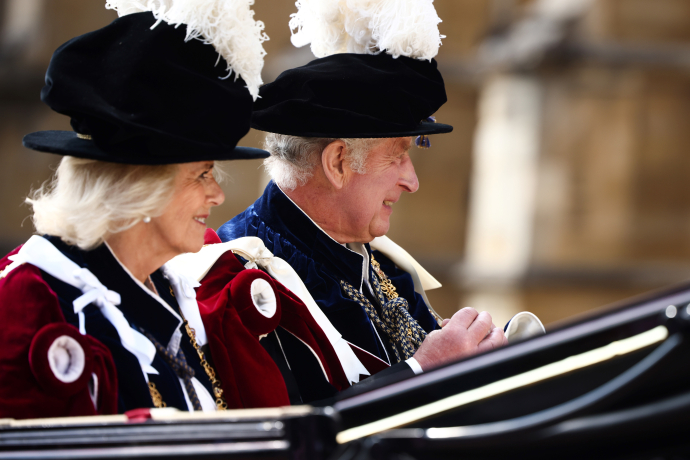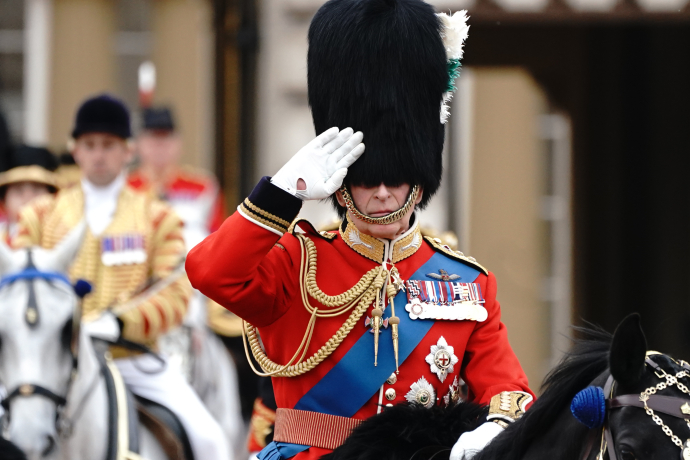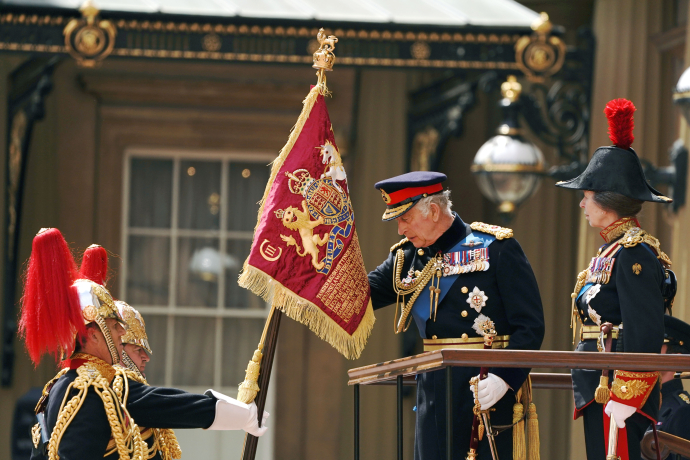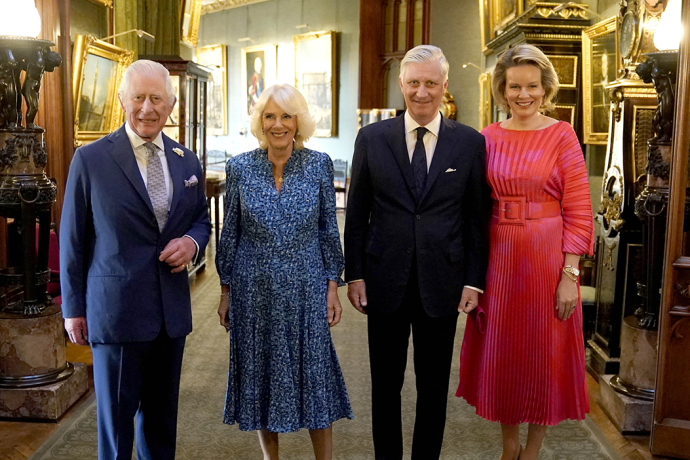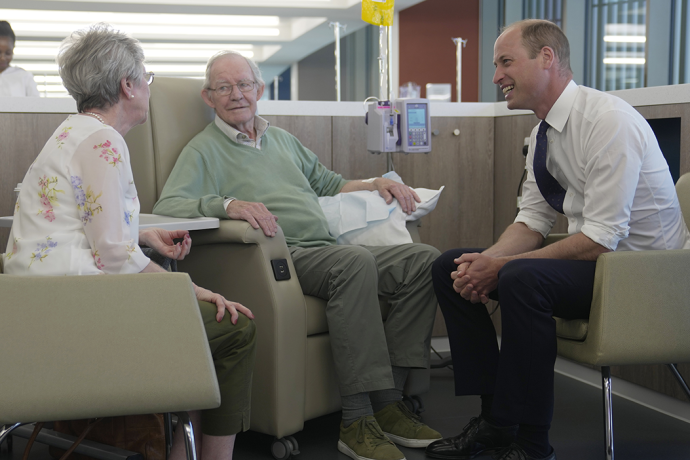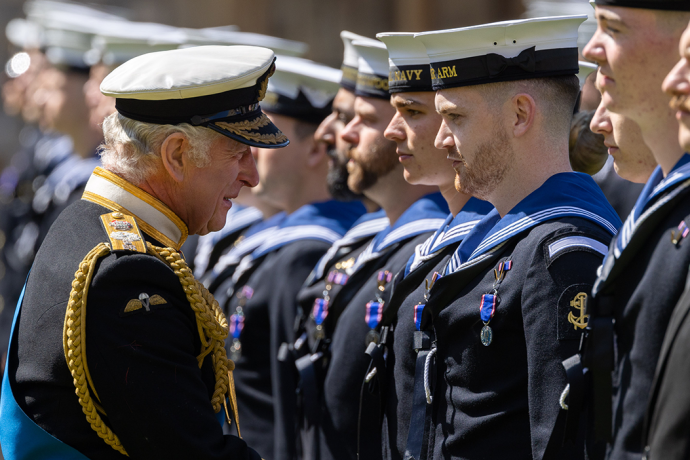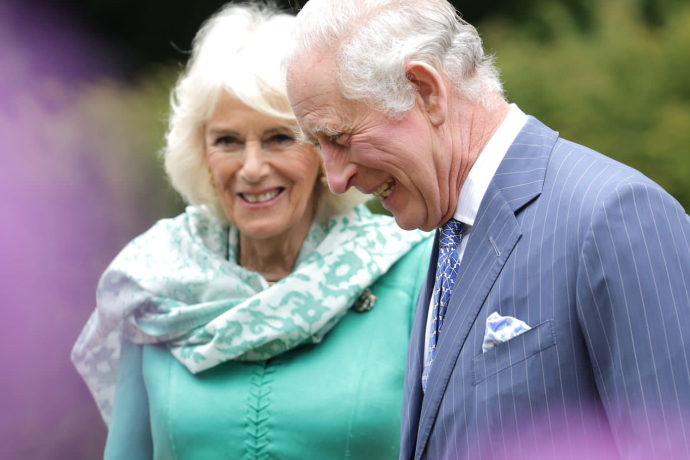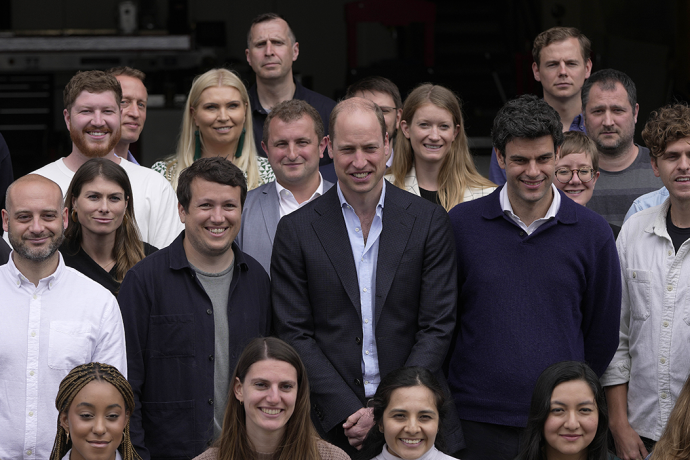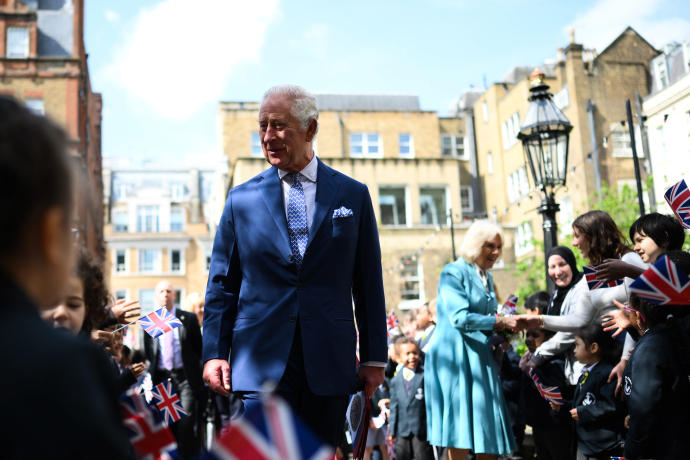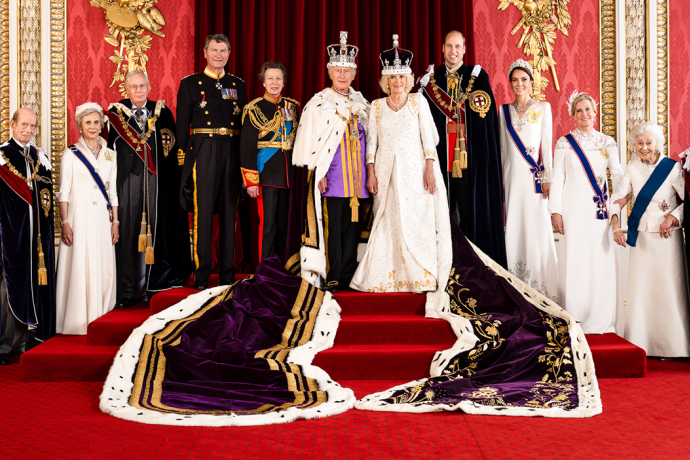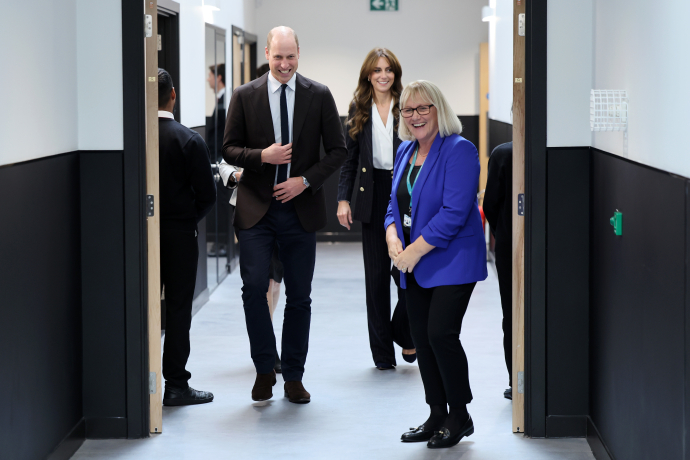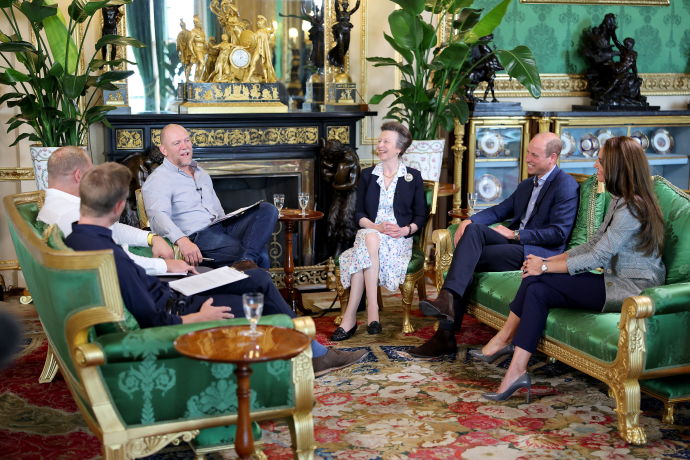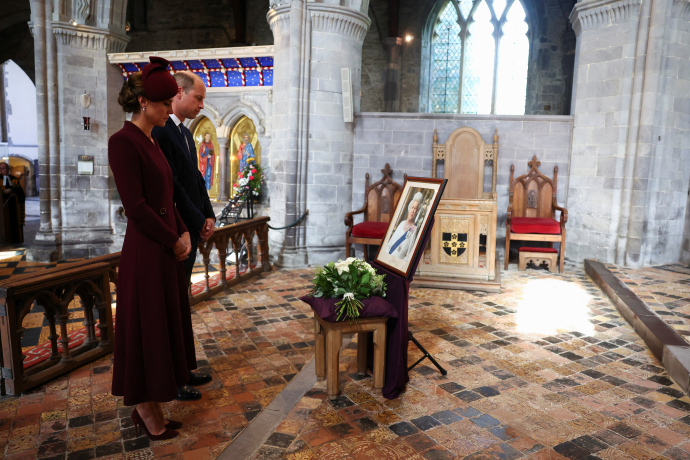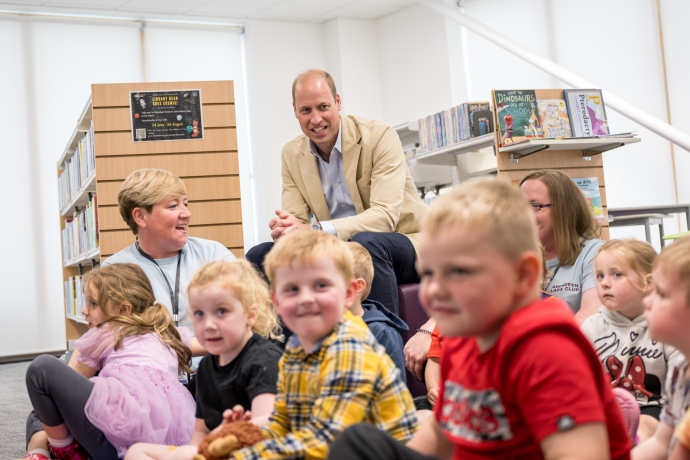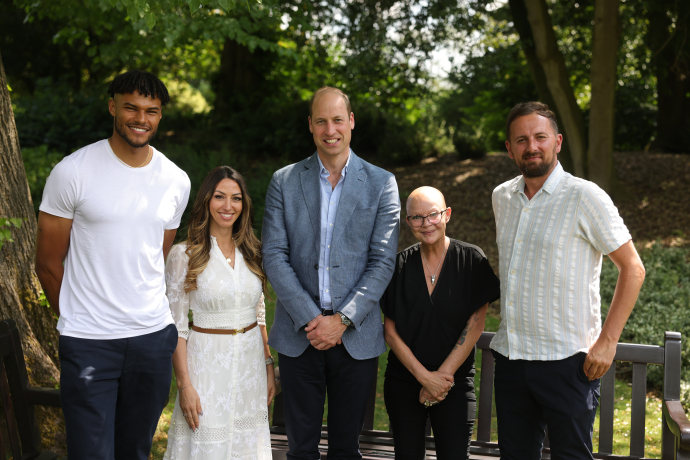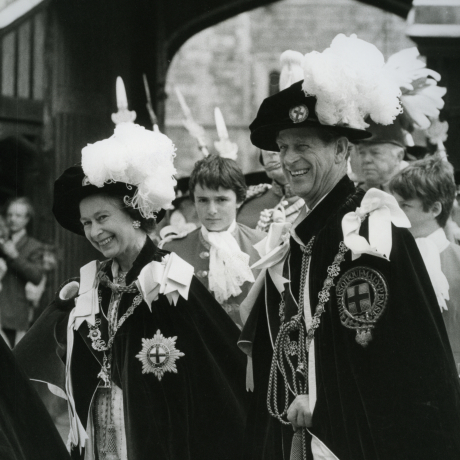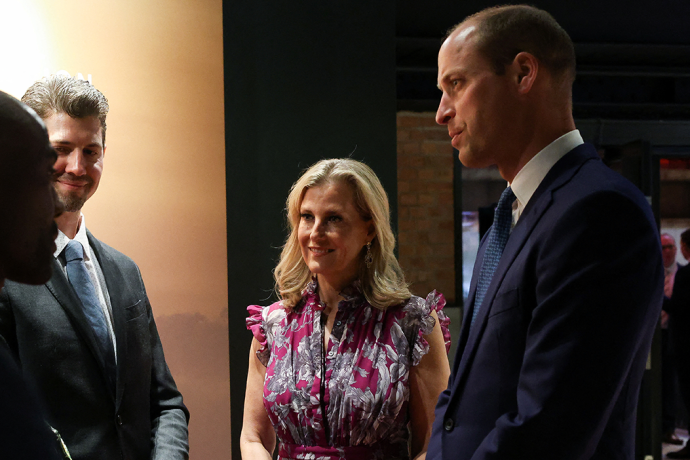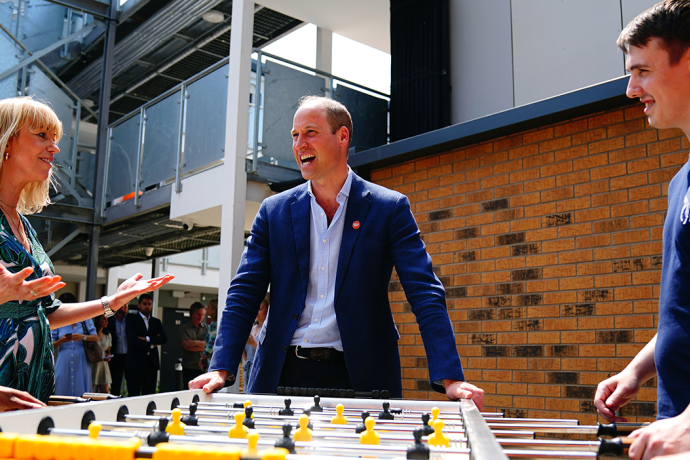The Duke of Cambridge gives a speech at the New Zealand National Commemoration for the Battle of Passchendaele
Published
All too often the newsreels speak of "ordinary" men and women. There was nothing ordinary about their service or their sacrifice.
Good morning. It is my great privilege to be here with you today representing Her Majesty The Queen.
I was last at Tyne Cot Cemetery only ten weeks ago with my father, The Prince of Wales, and my wife. We were here to honour all those from the United Kingdom and the wider Commonwealth who fought in the Third Battle of Ypres – which many of us know as the Battle of Passchendaele.
Each new visit here brings a deeper appreciation of what unfolded in this place. Of how the armed forces of different nations stood together to defend values we still share today. Ofthe men and women, from the four corners of the world, who were thrown together on a battlefield in the most appalling conditions.
All too often the newsreels speak of "ordinary" men and women. There was nothing ordinary about their service or their sacrifice.
As we have heard, October 12th 1917 was the 'darkest day' in the military history of a proud and committed people. For New Zealanders, the loss of more than 840 men in just a few hours is seared into the national consciousness. All told, the Battle of Passchendaele would claim close to two thousand lives – a devastating toll for a country with a population of just over a million.
Half a world away, news of the losses was felt like a shockwave. Every death here left a shattered family there. Entire communities were robbed of their young people. No part of New Zealand was untouched by loss.
Every October, for many years after Passchendaele, newspapers carried in memoriamnotices placed by the loved ones of the fallen.
Today, you can see the impact in the inscriptions on war memorials, in communities all across the country. I was struck by this when I laid wreaths on two of those war memorials – in Blenheim and at Cambridge – when Catherine and I visited New Zealand four years ago. In battle and back home, New Zealanders demonstrated great resilience and strength of character. Qualities we still admire in New Zealand today.
The fight in these fields was of a magnitude and ferocity that is difficult for us, today, to fully comprehend. But while we may never truly understand, we can remember.
The memory of those who fell here at Passchendaele has been kept alive for a century by New Zealand families.
In 1922, my great-great grandfather, George V, visited the newly-created Tyne Cot Cemetery. Since then, four more generations of my own family have been drawn repeatedly to this place to honour those who fought and those who died. Today, together, let us pause and do the same.
Kia mau mahara tonu tātou ki a rātou.
We will remember them!"
Related content
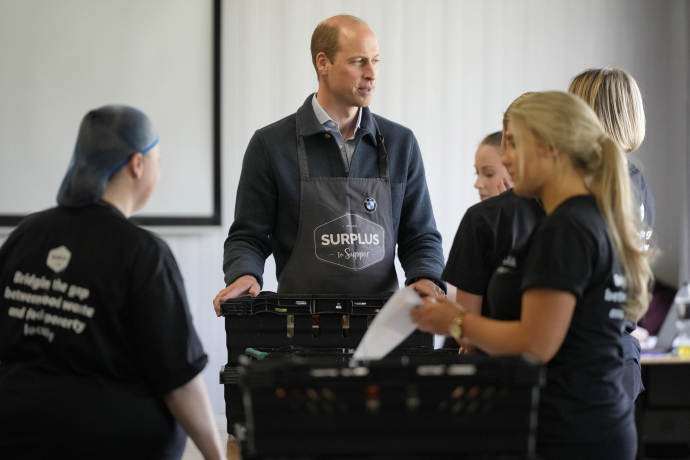
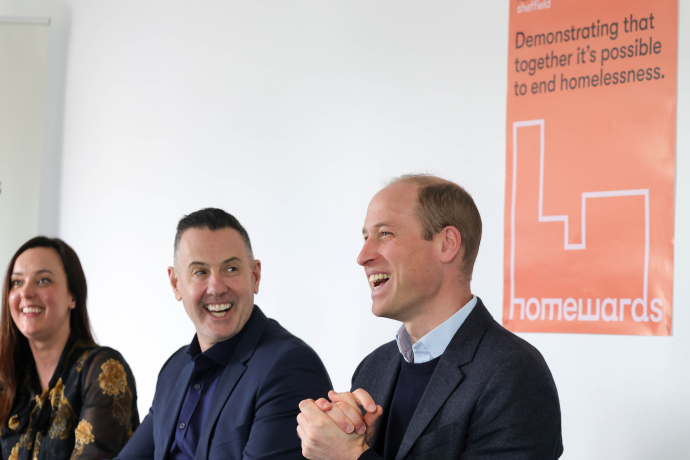
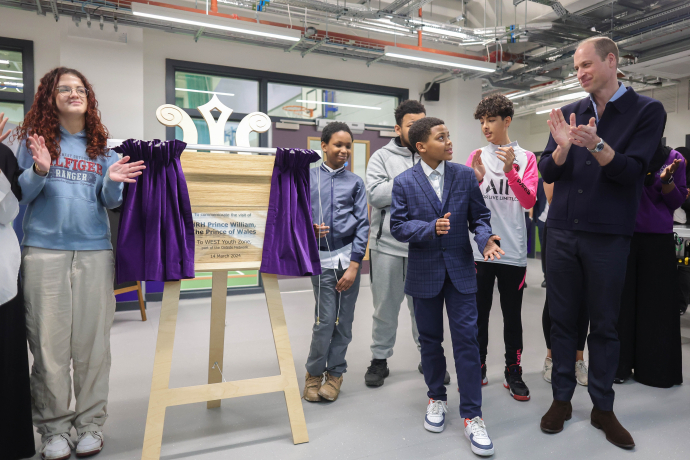
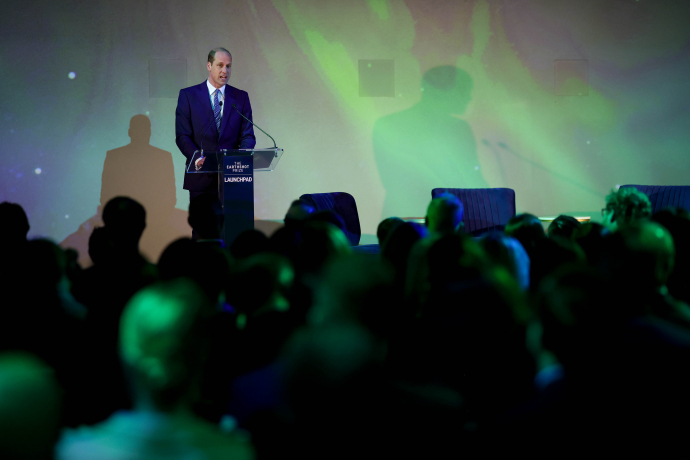


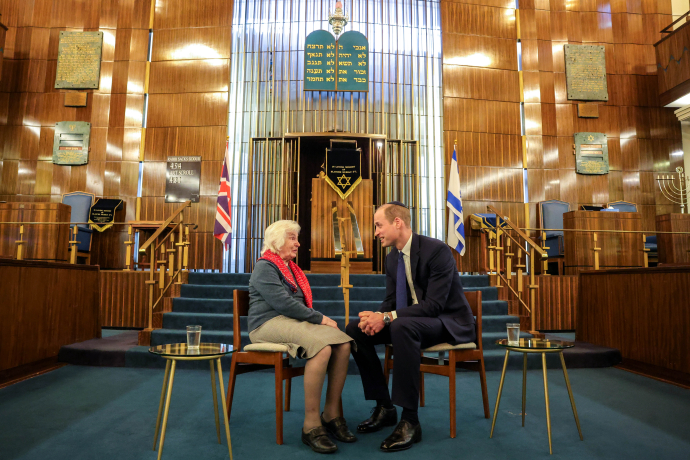
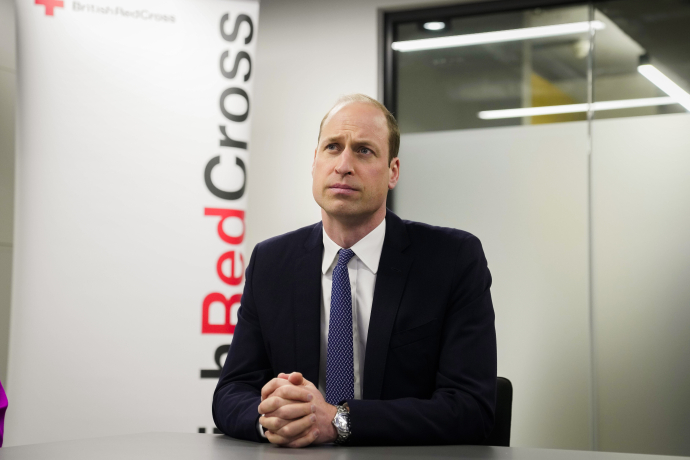
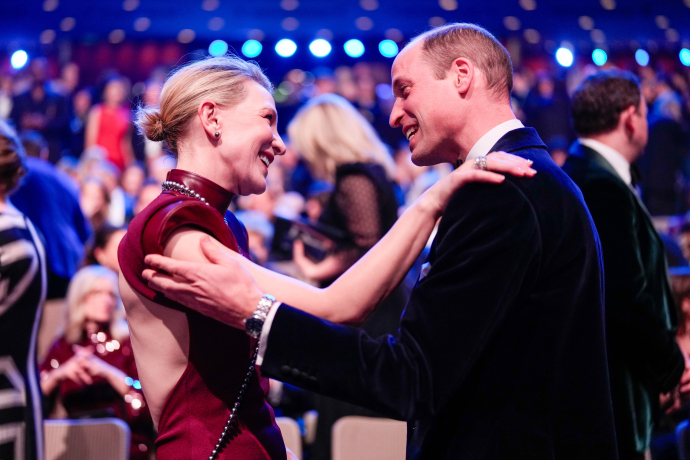
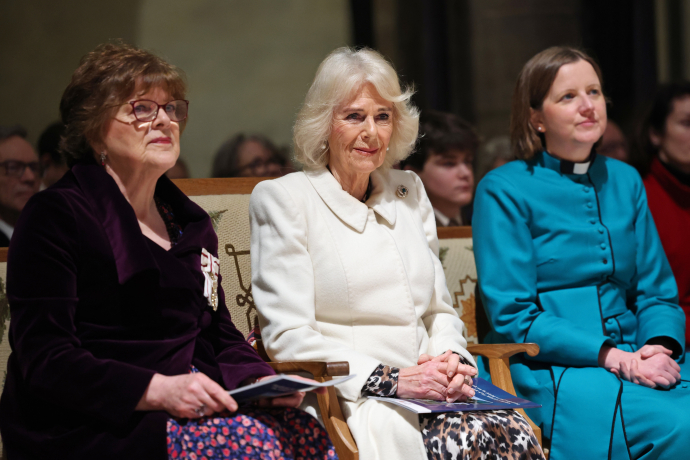
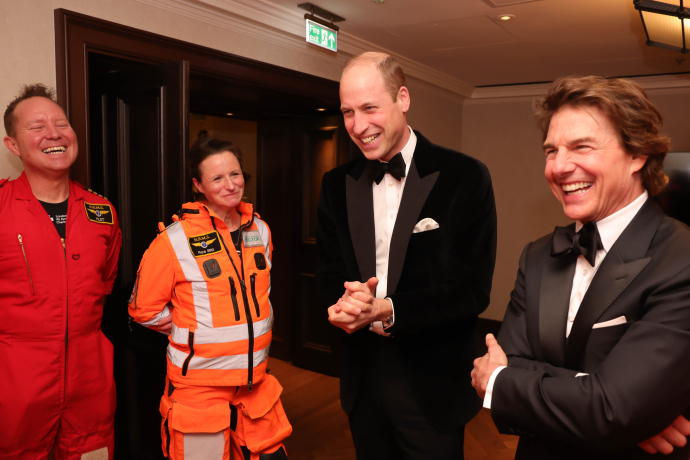
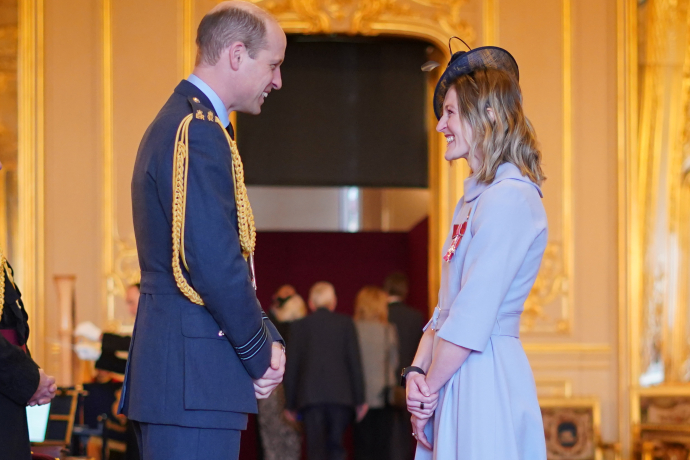
The Prince of Wales visits Manchester, launching latest Community Impact Project
16 November 2023